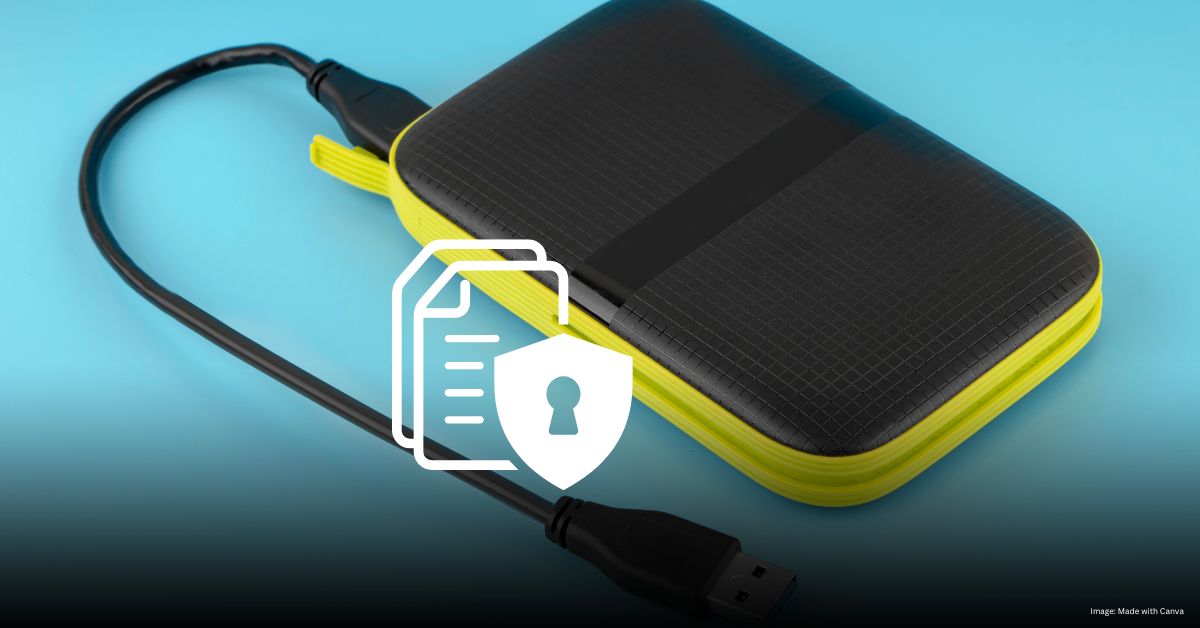Hard drive encryption is essential for protecting sensitive data from unauthorized access. Whether you’re worried about losing your laptop or want to keep your personal files safe, encrypting your hard drive is a simple yet powerful solution. In this guide, we’ll walk you through why you need to encrypt your hard drive and how you can do it yourself.
Why You Need to Encrypt Your Hard Drive
Encrypting your hard drive ensures that your data is protected even if your device falls into the wrong hands. Without encryption, anyone can access your files by simply connecting your drive to another computer. With encryption, your data is scrambled and unreadable without the correct password or key.
How to Encrypt a Hard Drive
Here’s a step-by-step guide on how to encrypt your hard drive, making your data safe and secure.
Step 1: Choose the Right Encryption Method
Before starting, you need to pick an encryption method that suits your needs. There are several options available:
- Built-in OS Tools: Most operating systems have built-in tools like BitLocker for Windows and FileVault for macOS.
- Third-party Software: Tools like VeraCrypt offer more flexibility and are great for advanced users.
- Hardware Encryption: Some external drives come with built-in encryption, which is easy to set up.
Step 2: Backup Your Data
Always back up your data before encrypting your drive. Encryption can go wrong, leading to data loss if there are any issues during the process.
- Use an external hard drive or cloud storage.
- Ensure your backup is complete and accessible.
Step 3: Enable Encryption on Windows (Using BitLocker)
If you’re using a Windows computer, BitLocker is a built-in feature that makes encryption easy.
- Open BitLocker: Go to the Control Panel, click on “System and Security,” and then “BitLocker Drive Encryption.”
- Turn On BitLocker: Select the drive you want to encrypt and click “Turn On BitLocker.”
- Choose an Authentication Method: You can set a password or use a USB drive to unlock your encrypted drive.
- Save Your Recovery Key: Save this key in a secure location—it’s the only way to access your files if you forget your password.
- Start Encrypting: Click “Start Encrypting,” and BitLocker will begin the process.
Step 4: Enable Encryption on macOS (Using FileVault)
For Mac users, FileVault provides an easy way to encrypt your hard drive.
- Open System Preferences: Click on the Apple menu and select “System Preferences.”
- Go to Security & Privacy: Select the “FileVault” tab.
- Turn On FileVault: Click “Turn On FileVault” to start the encryption process.
- Choose How to Unlock Your Disk: You can use your iCloud account or set a recovery key.
- Complete the Setup: FileVault will begin encrypting your drive.
Step 5: Use Third-Party Encryption Software (VeraCrypt)
If you need more control over your encryption, third-party software like VeraCrypt is an excellent choice.
- Download and Install VeraCrypt: Get the software from the official website and install it on your computer.
- Create an Encrypted Volume: Open VeraCrypt and choose to create a new volume.
- Select the Drive or Partition: Choose the drive you want to encrypt and follow the on-screen instructions.
- Set Your Encryption Options: Choose an encryption algorithm, set a strong password, and generate a key file if desired.
- Start Encryption: VeraCrypt will start encrypting your drive.
Conclusion
Encrypting your hard drive is an effective way to protect your personal and sensitive information. By following these steps, you can secure your data with built-in OS tools or third-party software. Remember to keep your passwords and recovery keys safe, as losing them means losing access to your encrypted data.
FAQs
1. Can I encrypt a hard drive without losing data?
Yes, you can encrypt your hard drive without losing data. However, it’s important to back up your files before starting the encryption process to avoid any potential data loss.
2. Is hard drive encryption secure?
Yes, hard drive encryption is highly secure. It protects your data from unauthorized access by converting it into an unreadable format that can only be decrypted with the correct password or key.
3. Will encryption slow down my computer?
Encryption may slightly impact your computer’s performance, especially during the initial encryption process. However, most modern systems are optimized to handle encryption with minimal slowdown.
4. Can I decrypt my drive if I forget the password?
If you forget the password, you can use a recovery key to decrypt your drive. Make sure to store this key in a safe place when you set up encryption.


